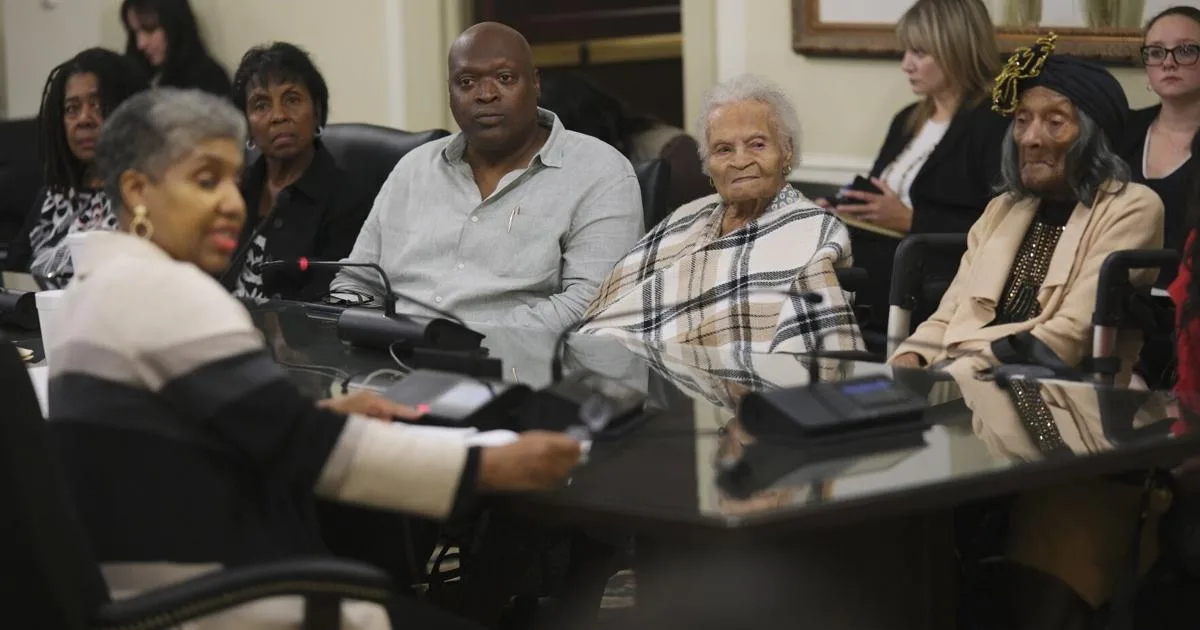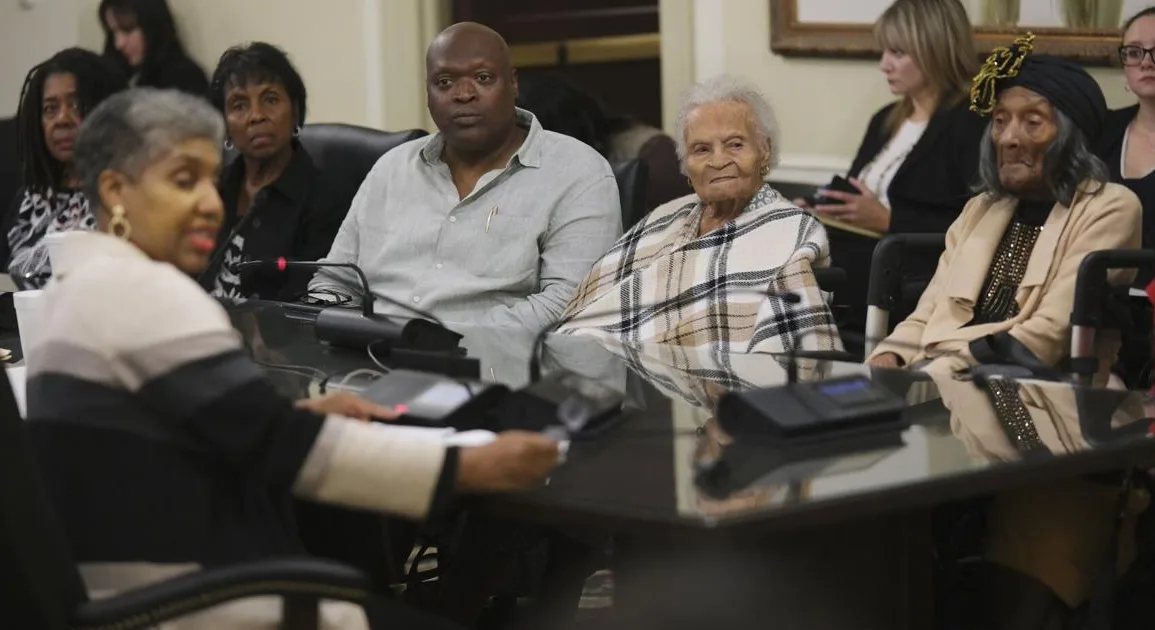
Very little has been done to meet the recommendations in a 2001 report by a legislative commission on Tulsa’s 1921 Race Massacre, lawmakers heard Thursday during an interim study by the Oklahoma House of Representatives’ General Government Committee.
“Some will say, ‘When does it stop?’” said state Rep. Regina Goodwin, D-Tulsa, who requested and led the study. “We would say … when does it start?”
In a session lasting a little over three hours, Goodwin and others touched on recommendations from the 2001 report that included individual and community reparations, a scholarship program adopted but never fully implemented, economic development and the search for unmarked burials from the massacre.
“I want to reiterate how important we think reparations are,” said Vivian Clark-Adams, one of three original commissioners to speak Thursday. “The reason the commission listed reparations for survivors and reparations for descendants one and two is because they were the most important things, we thought, to restore what was stolen.
People are also reading…
“The people of Greenwood were good, taxpaying citizens,” said Clark-Adams, “but they were not protected … as they should have been.”
Reparations were a controversial and sometimes divisive subject among the commission members, but Clark-Adams and others speaking Thursday said they should not have been. They said reparations have often been paid by federal, state and local governments to people and groups.
“Victim compensation and reparations and restorative justice is something we do every single day in this country,” said attorney Damario Solomon-Simmons. “It is the basis of our civil justice system.”
Considerable attention was paid to one of Goodwin’s concerns, the state’s failure to fully implement the scholarship program instituted more than 20 years ago in response to the 2001 report.
Dreisen Heath of Human Rights Watch said fewer than 200 scholarships valued at $1,000 each have been awarded since 2003. The program was originally intended to provide up to 300 scholarships a year.
Vice Chancellor Robert Placido of the Oklahoma State Regents for Higher Education said the conditions for receiving the scholarships and a lack of funding were factors in it being all but dormant for nearly two decades, but that it is getting more attention since Goodwin made it a priority.
The program received its first earmarked appropriation, $1.5 million, in the current fiscal year, and Placido said this year the first scholarship to a documented massacre descendent was awarded.
Placido said $75,500 has been awarded since 2018, with most of that in the last year.
Among those testifying was Goodwin’s 84-year-old uncle, Jim Goodwin, patriarch of one of Greenwood’s oldest families.
“For over 100 years these acts of domestic terrorism have gone unpunished,” he said.
Instead, Jim Goodwin said, Greenwood for decades has been subjected to “bait-and-switch” promises and “sugar-coated deception.”
“People are salivating to become rich through gentrification” of Greenwood, he said.
The new Tulsa World app offers personalized features. Download it today.
Users can customize the app so you see the stories most important to you. You can also sign up for personalized notifications so you don’t miss any important news.
If you’re on your phone, download it here now: Apple Store or Google Play


